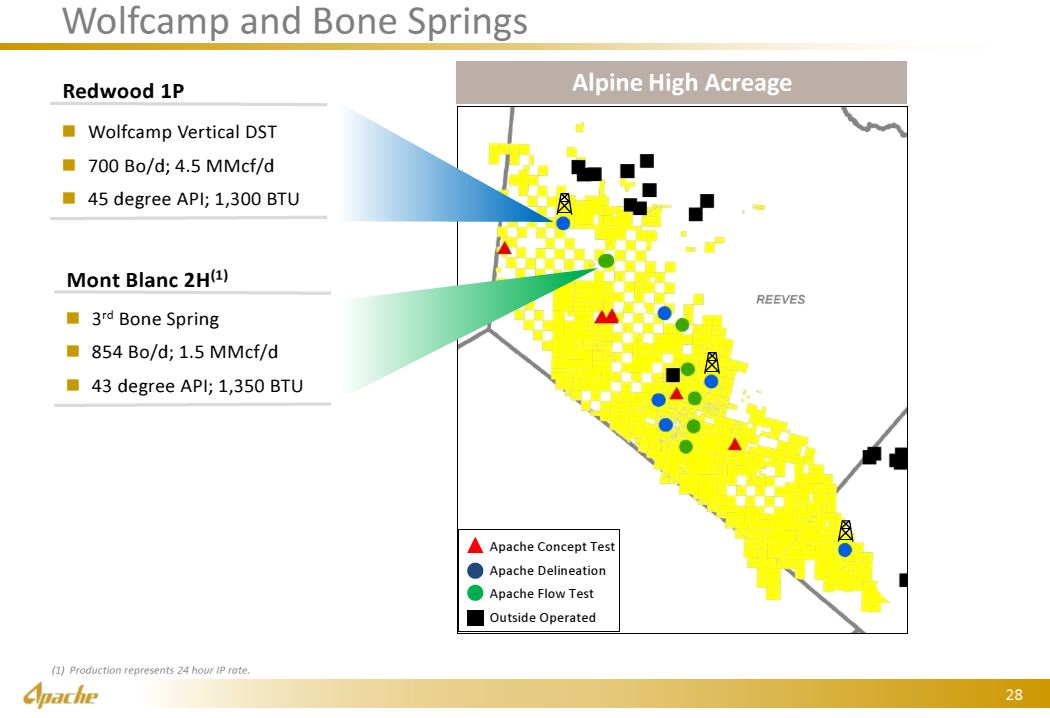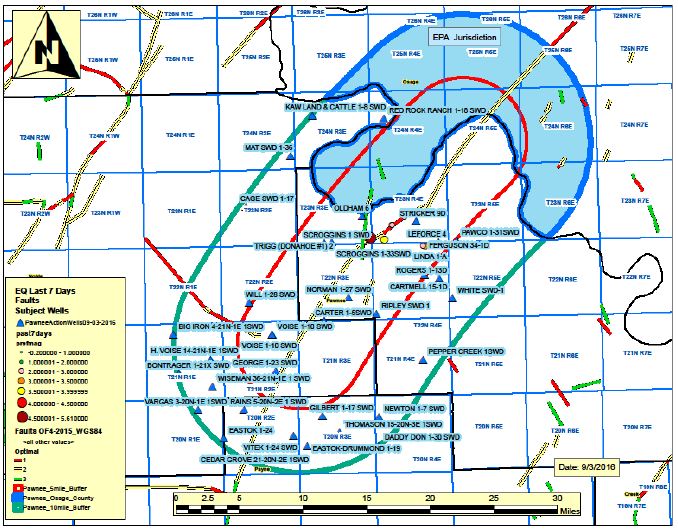In May of this year, the Provost Umphrey law firm filed a class action complaint in federal court in Pennsylvania against Talisman Energy USA, Inc. for underpayment of royalties on production from the Eagle Ford field in South Texas. Regmund v. Talisman complaint The Plaintiffs are three royalty owners who own royalties in wells drilled by Talisman and Statoil under a joint venture covering several thousand acres of leases in the Eagle Ford. The Plaintiffs had a basis to file in Pennsylvania because Talisman’s principal place of business is in Warrendale, Pennsylvania. The Plaintiffs had a basis to file in federal court under the Class Action Fairness Act of 2005. That act allows federal courts to preside over certain class actions where the amount in controversy exceeds $5 million, the class comprises at least 100 plaintiffs, and at least one plaintiff class member resides in a state other than the residence of the defendant.
Talisman USA is a subsidiary of Talisman Energy, Inc., based in Calgary, Alberta. In May 2015, Talisman Energy, Inc. was acquired by Repsol S.A., the largest Spanish energy company, for $13 billion.
In 2010, Talisman opened a Texas office and started buying oil and gas leases in the Eagle Ford under a joint venture with Statoil, Inc. Under the Joint Development Agreement, each company would own a 50% interest in the leases. Each company separately marketed its share of oil and gas and paid royalties on its share of production. Under a modification of the Joint Development Agreement, Statoil operated wells in the eastern part of the joint development area, and Talisman operated wells in the Western part. In December 2015, Statoil took responsibility for operating all jointly owned wells and acquired a portion of Talisman’s ownership, so that their joint venture is now 63%/37%.





